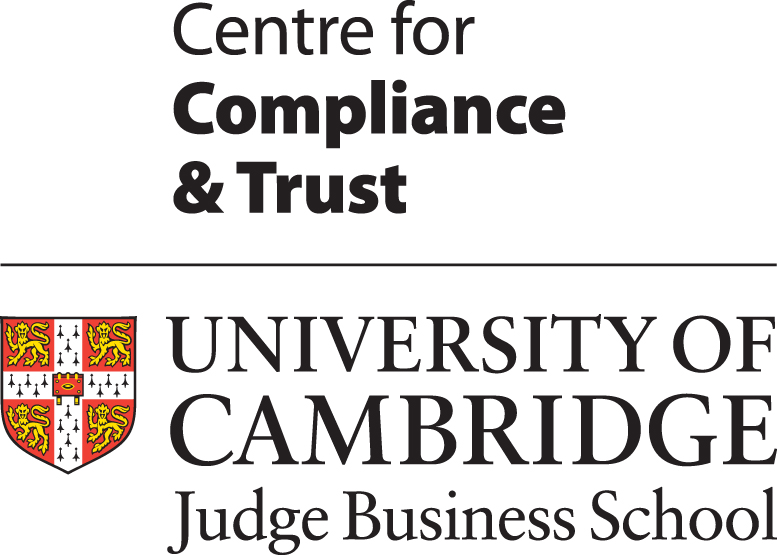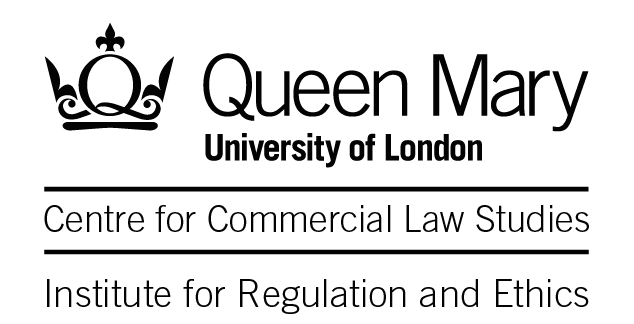Welcome to the CCP Research Foundation
The CCP Research Foundation is a social enterprise. It has no political affiliations. As a Community Interest Company, it will seek to support academic and civil society research projects. It was created by its directors - Roger McCormick, Chris Stears and Tania Duarte in July 2014.
The Foundation sponsors and encourages research projects and related activities in the Conduct, Culture and People arena, particularly those that are concerned with changing societal expectations, public trust in institutions and relationships between civil society, government and enterprise. Projects may be centred on the Foundation's activities alone or may be conducted with other bodies, for example, in the academic world.
The Foundation is always interested to talk to, and meet, anyone who is interested in starting a new project or working as a researcher or (of course!) helping us with funding. Please do contact us if you would like to know more.
Call for funding
The Foundation is largely dependent on donations for its funding. Please contact us if you wish to discuss supporting the Foundation and / or becoming a Partner Institution.
We would like to acknowledge a very generous grant, and related financial assistance, received from Vanessa and Paul Watchman.We are extremely grateful for their support.
Partner Institutions and Collaborations
 |
CCP Research Foundation and 1F Cash Advance partner on financial initiativesSee here for further information on the partnership and, in due course details of collaborative projects and events. |
 |
CCP Research Foundation and the Centre for Compliance and Trust at Cambridge Judge Business School collaborate on banking standards initiativesSee here for further information on the collaboration and, in due course, details of joint seminars and other events, as well as collaborative research publications. |
 | CCP Research Foundation and Queen Mary Institute for Regulation and Ethics partner on joint research projects, seminars and eventsSee here for further information on the partnership and, in due course, details of collaborative research projects, seminars and events. |
 | CCP Research Foundation and LightStream collaborate on events and projectsSee here for further information on the cooperation and, in due course of collaborative events, as well as case study publications. |
The Conduct Costs Project Association
 Do you want access to the data underlying the Project's results / analysis and to participate in project-related events?
Do you want access to the data underlying the Project's results / analysis and to participate in project-related events?
Then consider joining the Project's Association.
See here for details of the Association's Rules and Member Benefits

